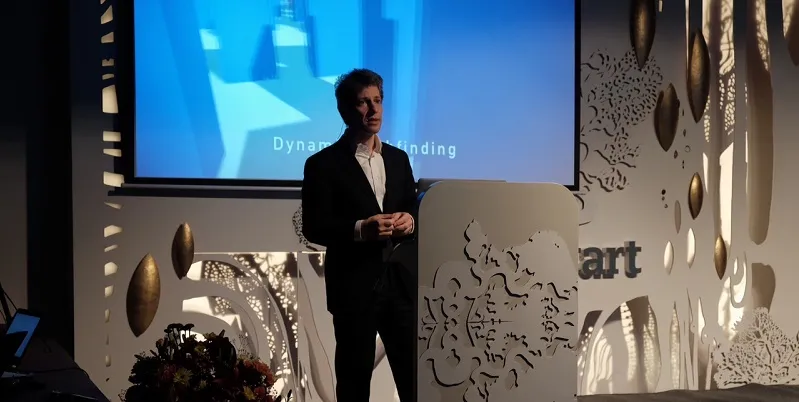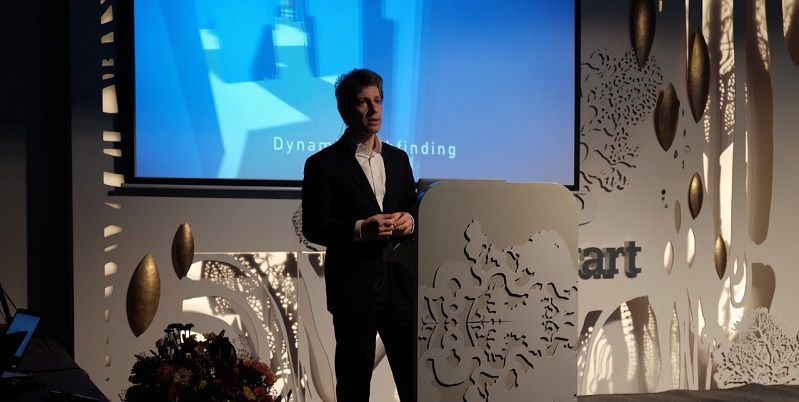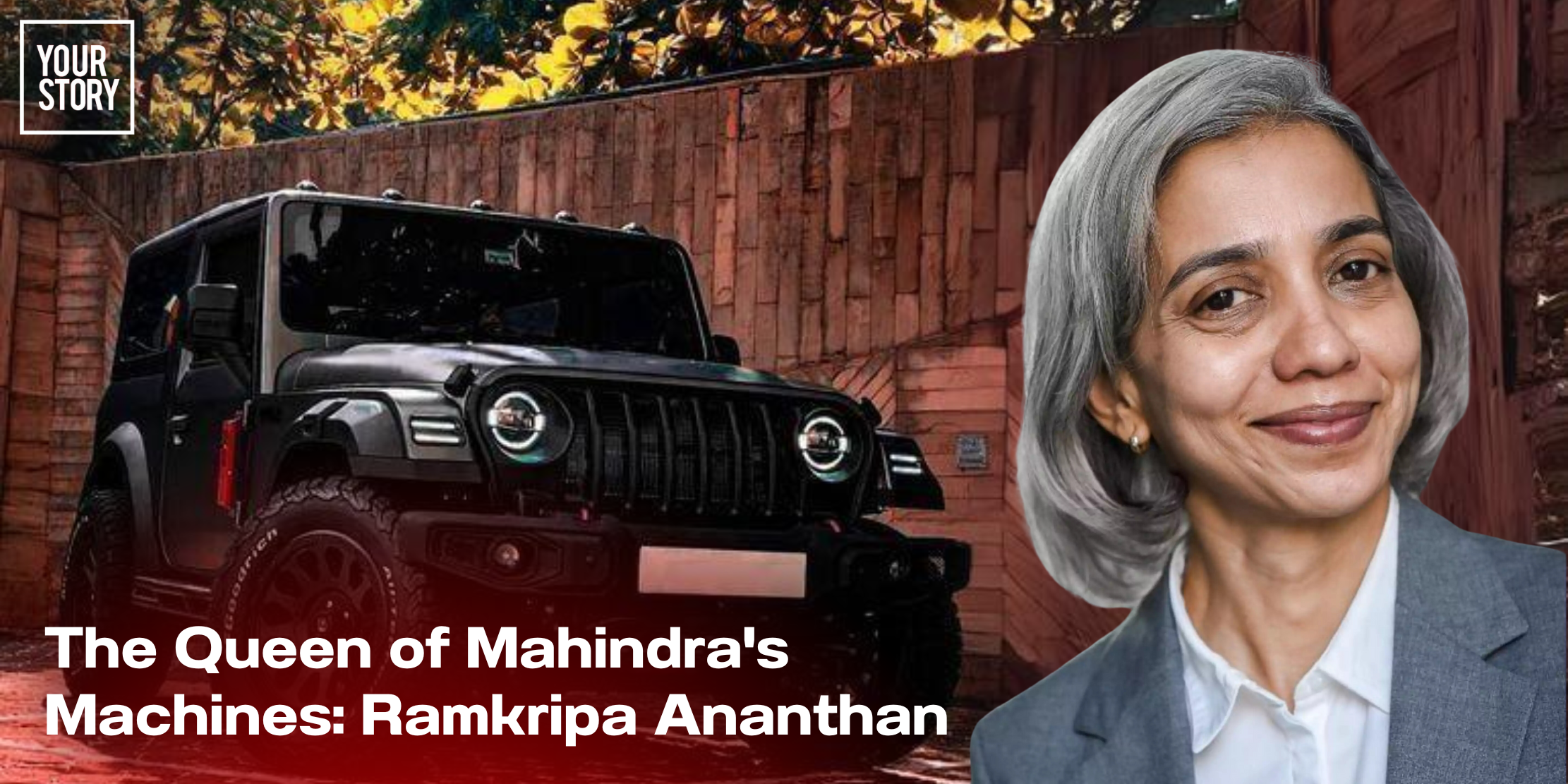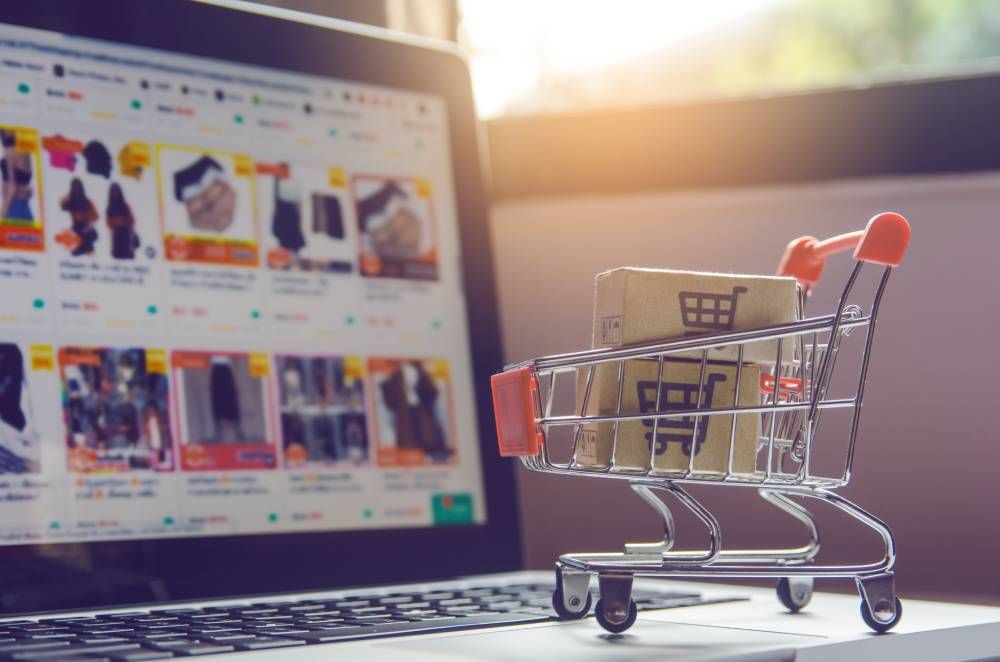The future of disruption is now, says David Rowan, Editor of ‘Wired’
“After travelling different countries and looking at different sectors, I have realised that the technologies that were limited to certain pockets are being used for different things across sectors. Like Drones, AI and IoT,” said David Rowan, Editor, Wired magazine, at the launch of K-Start, a startup incubator by Kalaari Capital.
According to him, “Technology is transforming at a faster pace than ever before. Companies are using technology to disrupt the way we live and even change the way we perform our daily functions. If you look at what is happening in the space of robotics, there are self-driven cars, companies working on robot-delivery services, and even robot receptionists.”
Here are excerpts from his talk.
Consumer adoption is changing at an even faster pace
There are robots in the kitchen that copy and replicate what a human chef does. There are computers that have been created by academicians, which are so small and cheap that they can be given away with magazine covers.
Innovation isn’t just happening in the space of robotics and AI. It is happening even in the way one creates and builds things. Today if someone wants a play station, you just have to send him or her an email attachment with a 3-D printing machine, and they can have the play station in minutes or even seconds.
In fact, 3-D printing has been used to print houses within 24 hours in China. Something like computer storage was really expensive decades back to what it is now. This disruption is seen across sectors. There is no sector that can be immune to or removed from disruption.

Mobile phones changing the way we behave
Over two decades back, to make a phone call you had to walk to a phone booth nearby. And today, if you take away a mobile phone from a 15-year-old for more than 10 seconds, it is considered a human rights abuse.
Mobile phones today are the source of all information and broadcast, it is even changing the way people make money. There are apps created to check the number of times other apps are opened. And while there are free games, in-game purchases make their creators over millions of dollars.
Message-based platforms growing big
In China, everybody functions and communicates with WeChat, whether it is e-commerce or booking tickets. Even the Facebook Messenger works as a separate app. There are airlines that have chat-based apps that book flight tickets and send other details.
One of the biggest examples of a powerful messaging service is WhatsApp. Even media companies are looking at messaging-based service. Everything is getting connected to the network. There are tracking sensors, there are sensors that look inside your body to test your blood oxygen, and even the basketball is being connected to the network. Streets too are being connected to the network.
However, just because the service is cheap and free it doesn’t mean you connect everything to the network.
AI is growing and how
If you walk into a Tesla factory, you will see there are hardly any human-beings doing the work there. There is a UK-based company that has built a machine that can learn things with trial and error. And not just image or face recognition. As an experiment, the machine played the game, ‘Space Invader,’ without learning the rules, but by the end of 24 hours, it became the best player in the world.
AI today is being used across sectors like healthcare and even e-commerce companies. Everything is on the network today, and currency today isn’t physical anymore. Disruptions today happen every couple of months and have the power to transform industrial norms.
Personalisation of services has become the key
With the amount of data and information available in the market it has become important for companies to customise and personalise their products and services according to their customer needs. Mass creation and every-size-fits-all doesn’t work anymore.
There are e-commerce companies that custom design prints and patterns for apparels in China. Even McDonalds customises its menu. Every human being has a desire path that they like to follow and every company needs to think what desire path it needs to disrupt.
Amazon is working on sending its products to the consumer immediately. Real-time gratification is becoming more important than you think. Businesses need to transform and change according to consumer needs and wants.
(Disclaimer: Kalaari Capital is an investor in YourStory.)











